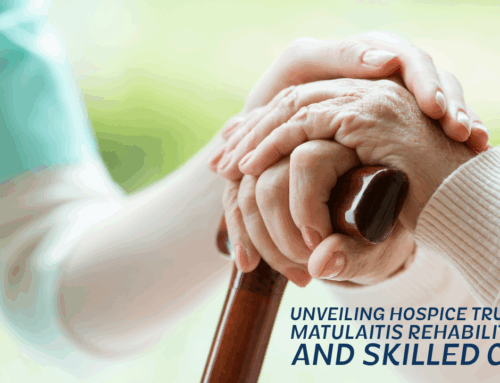Navigating the complex and emotional journey of end of life care can be a challenging experience for patients and their families. This compassionate guide aims to provide clarity and support, helping to ease the process during this crucial time.
Understanding End of Life Care
End of life care refers to the support and medical care given during the time surrounding death. It’s not just about managing physical symptoms, but also addressing psychological, social, and spiritual needs. The goal is to ensure comfort, respect, and dignity for the person nearing the end of life.
Starting the Conversation
Initiating discussions about end of life care can be daunting. It’s a conversation that involves talking about preferences for care in the final months, weeks, and days of life. It’s crucial to have these conversations early, as they provide a roadmap for caregivers and medical professionals to follow, ensuring that the patient’s wishes are respected.
Choosing the Right Care
Deciding on the type of end of life care can be overwhelming. Options include hospice care, palliative care, and home care, each with its own advantages. Hospice care focuses on comfort rather than cure, providing support to patients with a life expectancy of six months or less. Palliative care can begin at diagnosis and at any stage during the illness, focusing on relieving symptoms and improving quality of life. Understanding these options allows for informed decisions that align with the patient’s wishes.
Pain Management and Comfort
One of the primary concerns in end of life care is managing pain and other uncomfortable symptoms. Palliative care teams are skilled in providing relief from pain, breathlessness, and other distressing symptoms. Comfort care includes not just physical comfort but also emotional and spiritual support, ensuring the patient feels safe and at peace.
Emotional and Psychological Support
End of life care also involves emotional and psychological support for both the patient and their loved ones. This period can be emotionally taxing, and having access to counseling, spiritual care, or support groups can be invaluable. These services provide a safe space to express feelings, grieve, and find comfort among others who understand.
Legal and Ethical Considerations
Navigating the legal aspects of end of life care is another critical component. This includes understanding and preparing advanced directives, living wills, and do-not-resuscitate (DNR) orders. These legal documents ensure that the patient’s wishes regarding medical treatment are followed, even if they become unable to communicate them.
The Role of Caregivers
Caregivers play an essential role in end of life care. Their support can range from managing medication to providing emotional comfort. It’s important for caregivers to also take care of themselves, seeking support when needed and taking breaks to avoid burnout.
Navigating the Final Days
As the end of life approaches, care focuses on making the patient as comfortable as possible. This includes managing physical symptoms, providing emotional support, and ensuring a peaceful environment. It’s a time for families to be together, share memories, and express love and gratitude.
Navigating end of life care is a profoundly personal and unique journey. It’s about providing comfort, dignity, and respect to those in their final stages of life. By understanding the options, initiating conversations early, and providing comprehensive care and support, we can make this journey as peaceful and meaningful as possible for both the patient and their loved ones. End of life care isn’t just about the final days; it’s about ensuring quality of life until the very end.
Please contact us today for more information about our end of life care programs.
Matulaitis Rehabilitation and Skilled Care is the leading non-profit skilled nursing facility in Northeast Connecticut. We are proud to receive top national rankings and the highest five-star rating from Medicare’s Nursing Home Compare. Our dedicated staff combines renowned care and exceptional nursing skills with a holistic approach. We fully realize that the restoration of your health and well-being after an illness, operation, or injury can be incredibly difficult.
Our long term care features attention to the whole person, assuring individualized care for fullness of living, spiritual welfare, and providing a sense of community with enriching programming. We invite you to learn more about our special smoke-free facility as you consider your own or a loved one’s needs.






